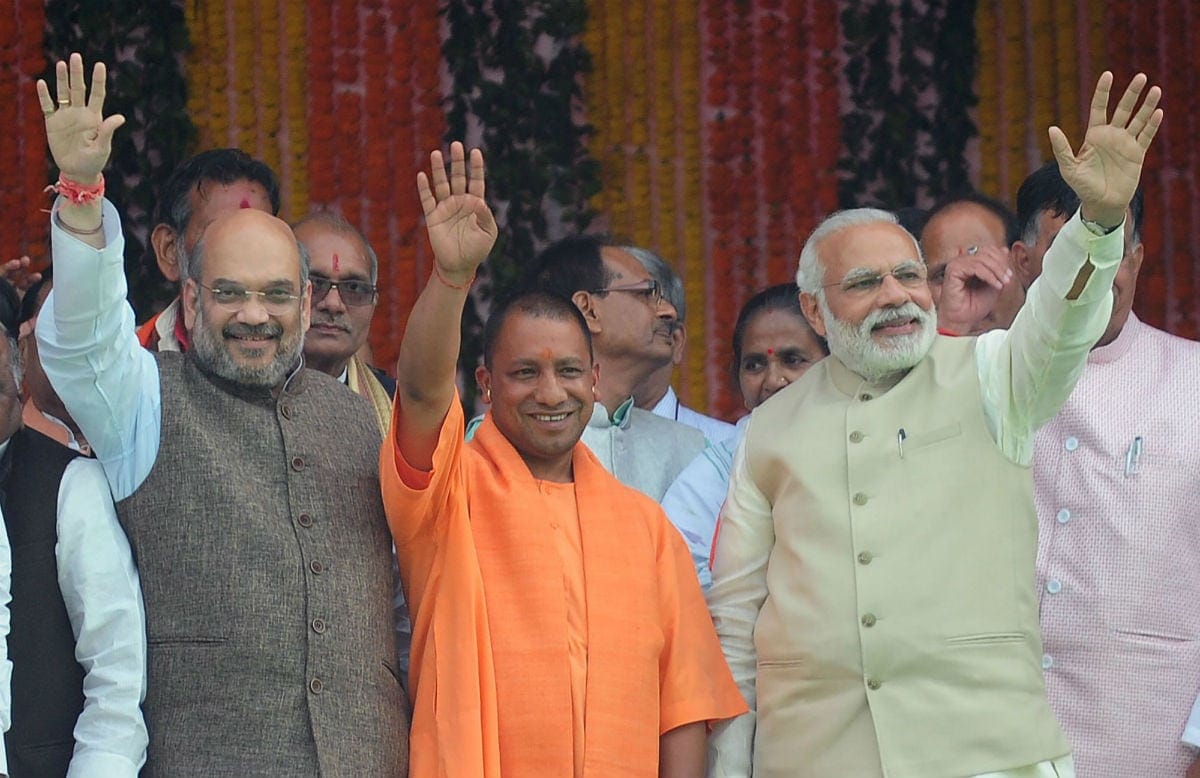The OCI cards have been issued to the overseas Indian nationals who have settled down in another country by way of acquiring their nationality and with the help of the OCI card, he or she can come down to India on the lifelong visa issued by Indian Government under the provision of OCI. There is always been a dispute over the regulations about OCI and MHA does not believe in divulging more information on the same. This information compiled based on the article published by the Hindu giving information on grounds for issuance and cancellation of OCI cards.
The Ministry of Home Affairs in India supposed to have issued around 34 lakh OCI cards since the year 2005. The Hindu has acquired the information in this regards with the help of RTI. OCI stands for Overseas Citizen of India, the Indian who has migrated to another country in search of employment and subsequently decided to settle down their needs an OCI card to come back to India and when he or she desires.
RTI information Acquired by The Hindu
According to the reports, The Ministry of Home Affairs (MHA) has stated that more than 34 lakh Overseas Citizen of India (OCI) registrations had been done but declined to divulge information relating to the number of persons whose OCI cards had been cancelled, citing non-availability in a “consolidated form.”
In their response to the RTI application filed by the Hindu, the ministry said that the information sought remained outside the “mandate and scope of the RTI Act, 2005.” It may be recalled that on November 7th 2019 the MHA (Ministry of Home Affairs) had twitted that it would revoke the OCI card issued to the Author and Journalist Aatish Taseer on the grounds that he had concealed information about his father who was of a Pakistani Origin.
The MHA had subsequently issued a notice to Mr Taseer to which he did not respond back and by doing this he had missed an opportunity to file his reply/objections regarding his OCI/PIO card.
According to the ministry, Mr Taseer had not complied with basic requirements and withheld information, the ministry had ruled that he had become “ineligible to hold an OCI card as per the Citizenship Act, 1955”.
In his reply on September 6 to an August 13 notice, and a subsequent notice dated September 3, Mr Taseer had explained that his parents had never been legally married and that his mother was his sole legal guardian.
Mr Taseer came under the radar of the Government when he criticised the ruling BJP government with the help of a write up in the Time Magazine accusing the government of PM Modi of promoting divisive policies.
Although MHA responded to the RTI by providing the information of the number of OCI cards had been issued since 2005 but it did not provide the information of cancellations on the grounds of unavailability of data.
“Information related to year-wise issuance of OCI registration or year-wise cancellation of the grant of registration as OCI cardholder is not available in consolidated form. It may please be noted that the contents of these paras remain outside the mandate and scope of the RTI Act, 2005.”
Also on the information about the reason behind cancelling the OCI cards the ministry replied, “Information sought is not available,” however, it “could be cancelled on grounds mentioned in section 7(D) of the Citizenship Act, 1955, which is available in the public domain.”
The procedure of Issue and Cancellation of OCI Cards by MHA
Section 7(D) says that the OCI registration may be cancelled if it was obtained by means of fraud, false representation or concealment of any material fact; or if the overseas citizen of India has shown disaffection towards the Constitution of India, or unlawfully traded or communicated with an enemy (in case of a war) or has been sentenced to imprisonment for a term of not less than two years within five years after registration as an OCI, or if it is necessary so to do in the interest of the sovereignty and integrity of India.
The OCI scheme has been operational since December 2, 2005. It provides facilities like lifelong visa, exemption from registration with Foreigners Regional Registration Office (FRRO) and parity with non-resident Indians (NRIs) in economic, financial and educational fields except in matters relating to the acquisition of agricultural properties. No parity is allowed in the sphere of political and public employee rights.
Source: The Hindu














